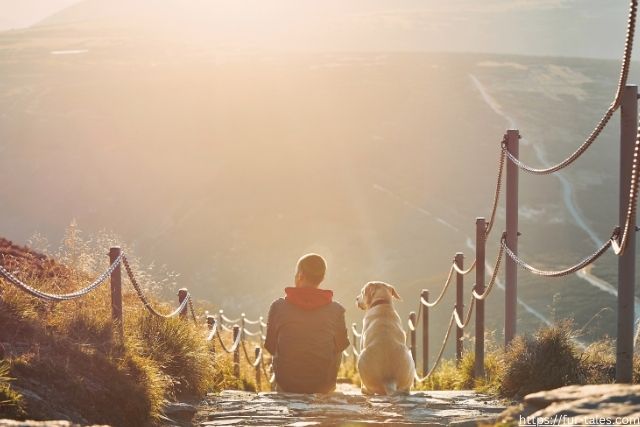
10 Things You Should Know Before You Go Hiking with Your Dog
Hiking with your dog can be an amazing adventure, but it requires careful planning to ensure safety and enjoyment for both of you. Before hitting the trails, here are 10 important things you should know.
1. Choose a Dog-Friendly Trail
Not all trails allow dogs, so check the park or trail regulations before heading out. Look for:
- Dog-friendly trails with clear policies
- Leash rules (some require leashes at all times)
- Trail difficulty suited to your dog’s fitness level
2. Assess Your Dog’s Fitness Level
Make sure your dog is physically prepared for hiking. Consider:
- Their age and breed (puppies and senior dogs may struggle with long hikes)
- Their endurance level (start with short hikes and gradually increase distance)
- Any pre-existing health conditions that may limit their activity
3. Pack the Essentials for Your Dog
Your dog needs their own gear, including:
- Collapsible water bowl and extra water
- Leash and harness (consider a hands-free leash)
- Dog-friendly snacks or food for longer hikes
- First aid kit for minor injuries
- Waste bags to clean up after them
4. Keep Your Dog Hydrated
Dehydration is a serious risk on hikes, so ensure your dog drinks water regularly. Signs of dehydration include:
- Excessive panting
- Dry nose and gums
- Lethargy or reluctance to move
5. Protect Their Paws
Rough terrain can hurt your dog’s paws. To protect them:
- Consider dog boots for rough, rocky, or hot trails
- Use paw balms to prevent cracks and dryness
- Check for cuts, burns, or debris after the hike
6. Watch for Wildlife and Trail Hazards
Wild animals, toxic plants, and rough terrain can be dangerous for dogs. Be mindful of:
- Snakes, bears, and other wildlife that may pose a threat
- Poisonous plants like poison ivy or mushrooms
- Sharp rocks or thorny bushes that can cause injuries
7. Follow Trail Etiquette
Respect other hikers and wildlife by following good trail manners:
- Keep your dog on a leash if required
- Yield to other hikers and bikers
- Prevent your dog from chasing wildlife or disturbing nature
- Always clean up waste to keep trails clean
8. Be Prepared for Emergencies
Unexpected situations can arise, so carry:
- A dog first aid kit with bandages, antiseptic, and tweezers
- A map or GPS in case you get lost
- Contact information for the nearest vet or emergency services
9. Check the Weather Before You Go
Extreme temperatures can be dangerous for your dog.
- Avoid hiking during hot afternoons to prevent heatstroke
- Bring a dog coat for cold-weather hikes
- Be mindful of rain and slippery trails that can make hiking unsafe
10. Give Your Dog Time to Rest
Even energetic dogs need breaks. Allow time for:
- Water and snack breaks
- Cooling off in the shade
- Checking for signs of fatigue, overheating, or injuries
